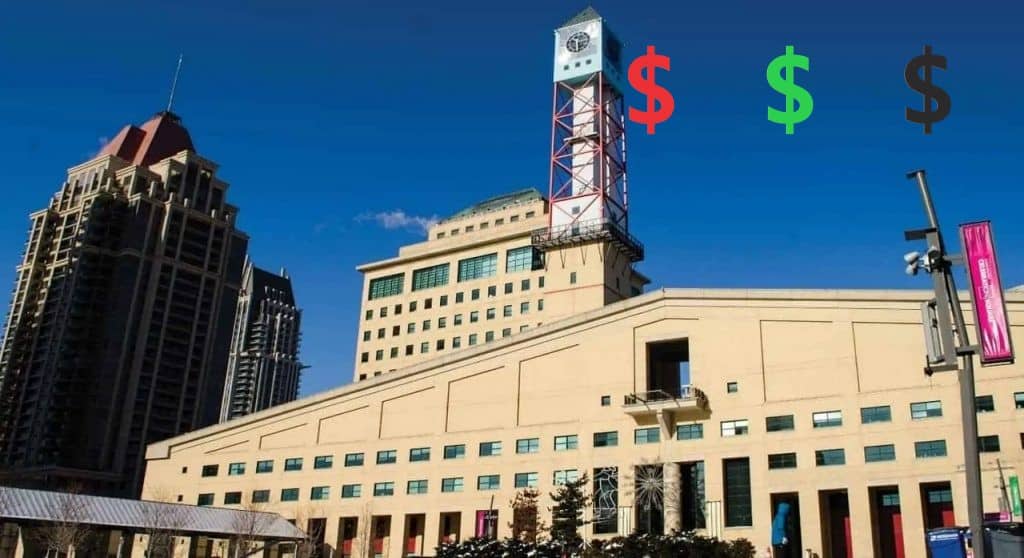Province studies Mississauga’s finances to see if housing bill impact is as disastrous as feared
Published May 12, 2023 at 12:05 pm

Provincial auditors will study the City of Mississauga’s finances this summer to determine if the City really does face an impossible task of meeting the goals set out in Ontario’s controversial new housing bill.
The immediate response from Mayor Bonnie Crombie, councillors and senior City staff to the passing last fall of Bill 23, the “More Homes Built Faster Act,” was that the new legislation set out impossible objectives for municipalities in terms of new housing that’s expected to be built in the next decade.
Mississauga’s intense opposition to the bill has remained steadfast and finance staff has not budged from its position that even in a best-case scenario, there just isn’t enough money available to meet housing targets the provincial government has put in place.
Now, provincial auditors will look at Mississauga’s books to see if that is the case. When they begin their audit in July, they’ll also seek to determine if Mississauga’s finances are in top shape or if better practices can be put in place that would allow the City to meet Bill 23 objectives.
The bill has also drawn intense criticism and opposition from numerous other Ontario municipalities.
Provincial auditors are taking a similar look at the books of a select number of other municipalities as well, including the City of Brampton, Region of Peel and the towns of Caledon and Newmarket.
“The stated goal (of the provincial audits) is to better understand municipal finances and to help support municipalities in achieving the
provincial goal of building more houses,” City Manager and Chief Administrative Officer Shari Lichterman said in a May 10 report to be publicly discussed at next Wednesday’s (May 17) council meeting.
Lichterman was referencing a May 4 letter to the City from Ontario’s Minister of Municipal Affairs and Housing Steve Clark.
City officials welcome the provincial audit.
“Mississauga has a long track record of strong financial management (and we’re) confident our fiscal stewardship will be confirmed through this audit,” the report states. “Staff recommend council endorse the terms of reference for the audit and direct staff to cooperate with the
provincially-appointed auditors.”
The report continues, “…staff are confident that the audits will show Mississauga to be a strong financial manager and the impacts of Bill 23 to be real and significant. If this is the case, and the province honours its commitment, Mississauga should be” compensated for any losses incurred as a result of the changes in Bill 23.
In voicing their initial opposition last November, Mississauga officials observed that Bill 23 “made significant cuts to the amount of funds municipalities could collect for development charges (DCs) and cash in lieu parkland, fees that pay for critical infrastructure and greenspace in our city.”
The bill attempts to incentivize developers to build more housing to reach the Ontario government’s target of 1.5 million homes built in the next 10 years.
“In Mississauga, it is estimated that Bill 23 changes could result in $885 million in losses over the next decade. In Peel Region, the losses total a
projected $2 billion,” the report from Lichterman states.









